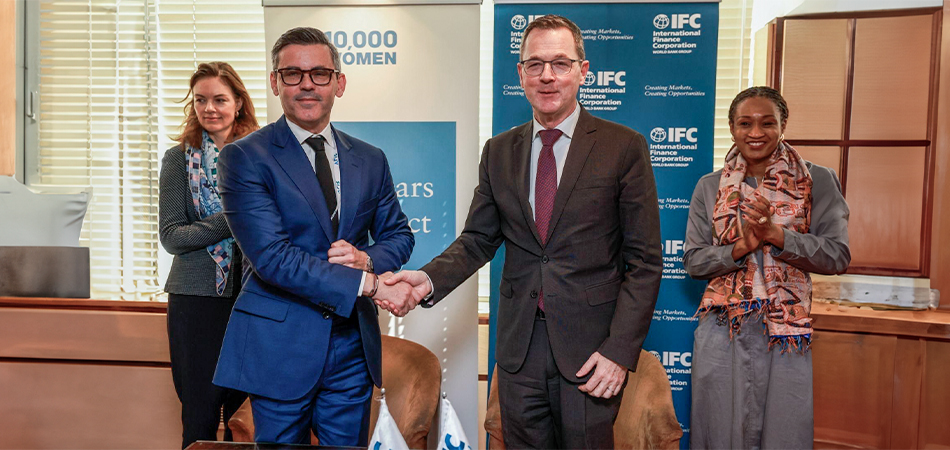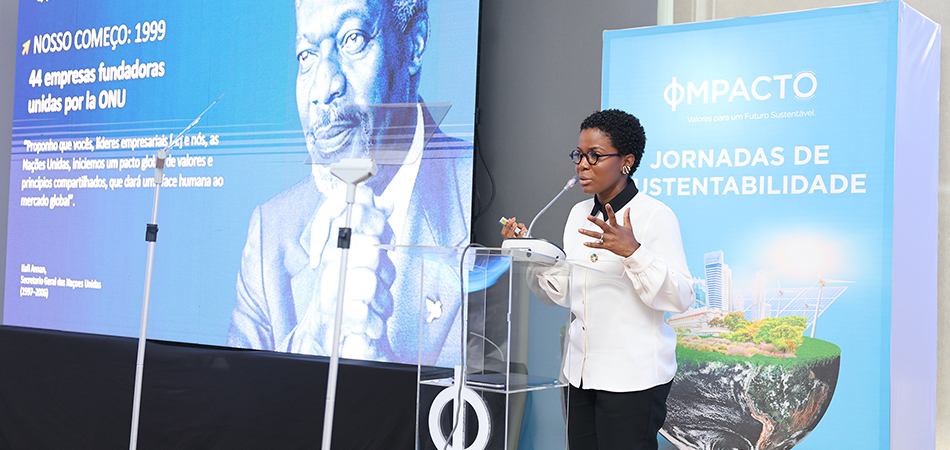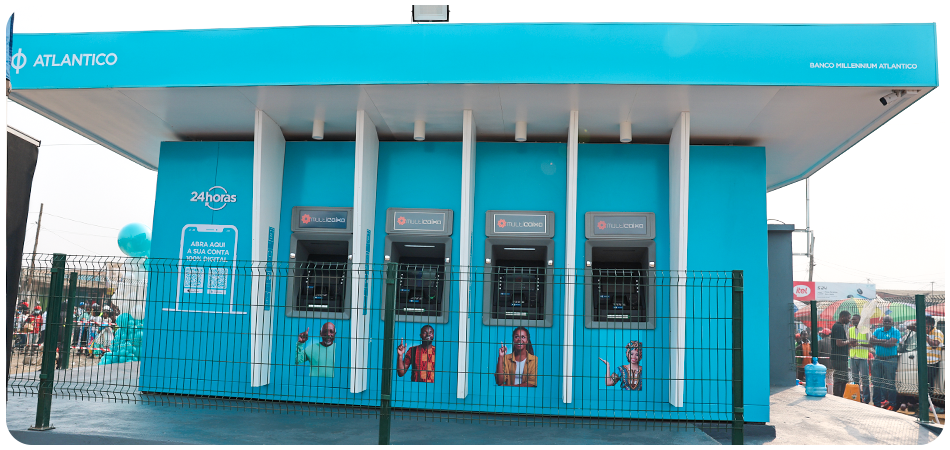
IFC AND ATLANTICO STRENGTHEN CREDIT TO SMEs IN ANGOLA
World Bank Group member IFC today made available a $50 million long-term loan to Banco Millennium Atlântico to increase lending to small and medium-sized enterprises (SMEs) in Angola
.
The IFC's Executive Committee has approved a USD 100M credit line for ATLANTICO to support small and medium-sized Angolan companies.
World Bank Group member IFC today made available a $50 million long-term loan to Banco Millennium Atlântico to increase lending to small and medium-sized enterprises (SMEs) in Angola, complemented by a line of support for international trade transactions, also amounting to $50 million, under IFC's Global Finance Trade Finance Program (GTFP) platform.
The agreement between the two financial institutions was initialed in Luanda, at ATLANTICO's premises, by the bank's Chief Executive Officer, Daniel Santos; Manuel Reyes-Retana, IFC's Regional Director for Africa and the Middle East; and Kevin Njiraini, IFC's Regional Director for Sub-Saharan Africa and Nigeria.
This project with ATLANTICO, Angola's first private bank in financing to households and businesses, is IFC's first investment in the financial sector in the country since 2016. It includes a loan and the provision of advisory services to help ATLANTICO transform its value proposition for small and medium enterprises and grow its loan portfolio. SME lending is a priority for ATLANTICO, as diversification of the Angolan private sector is one of its major objectives.
The IFC estimates that about 92% of small and medium-sized enterprises in Angola lack access to finance, equating to a financing gap of $34 billion. Through this IFC support, ATLANTICO aims to expand access to finance for SMEs.
"ATLANTICO is committed to supporting entrepreneurship in Angola and believes that building a stronger small business environment is key to the economic diversification and development of the country." Daniel Santos,Chief Executive Officer of ATLANTICO says."
Small and medium enterprises are an important segment in the country, because they create jobs, because they support the diversification of the economy and the alleviation of dependence on oil export revenues.
"Angola needs to diversify its economy and create jobs. Working with financial institutions that support lending to small and medium enterprises is an important step toward achieving these goals." Kevin Njiraini,IFC's Regional Director for Sub-Saharan Africa and Nigeria says."
The agreement now signed with Atlantic is part of the IFC and World Bank Group's work in Angola, which aims to promote economic diversification in the country and strengthen the non-oil economy, as well as increase financial inclusion to facilitate job creation.
"Increasing the financial inclusion of SMEs is a key priority for IFC in Angola, and the agreement signed today will help ATLANTICO significantly expand its lending operations in this segment." Manuel Reyes-Retana,IFC's Regional Director for Africa and the Middle East says."
About IFC
The IFC, an organization owned by the World Bank, is the largest global development institution focused on the private sector in emerging markets. It works with more than 2,000 companies around the world, using its resources, experience, and influence to create opportunities in areas of need. In 2018, it provided $23.3 billion in long-term financing to developing countries, leveraging the power of the private sector to fight poverty. For more information, visit www.ifc.org.


 Buy a House
Buy a House
 Open a current account
Open a current account
 Protect my family
Protect my family
 Invest
Invest
 Ask for a Card
Ask for a Card
 Buy a Car
Buy a Car
 Save for the future
Save for the future
 Login
Login Open an Account
Open an Account








